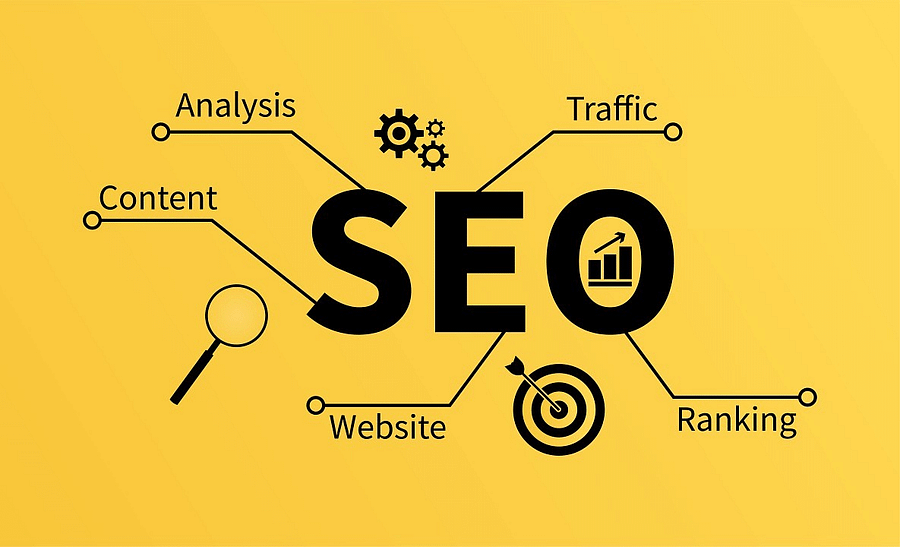
Search Engine Optimization (SEO) is the practice of enhancing a website’s visibility on search engines like Google, Bing, and Yahoo. By optimizing various elements of a website, businesses can improve their rankings on search engine results pages (SERPs), driving more organic traffic to their site. SEO involves both on-page and off-page strategies to ensure that a website is attractive to search engines and users alike.
How Does SEO Work?
1. On-Page SEO

On-page SEO refers to the optimization techniques applied directly on the website. This includes:
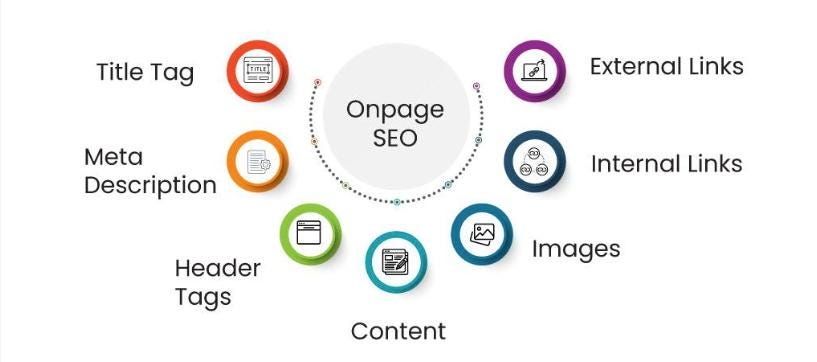
- Keyword Research: Identifying and using relevant long-tail keywords and high-ranking keywords that potential customers are searching for.
- Content Quality: Creating high-quality, informative, and engaging content that provides value to users.
- Meta Tags: Optimizing meta titles, descriptions, and headers with targeted keywords.
- URL Structure: Ensuring that URLs are clean, readable, and include keywords where possible.
- Internal Linking: Linking to other relevant pages within the website to enhance navigation and user experience.
2. Off-Page SEO
Off-page SEO focuses on activities outside the website to improve its authority and relevance. This includes:
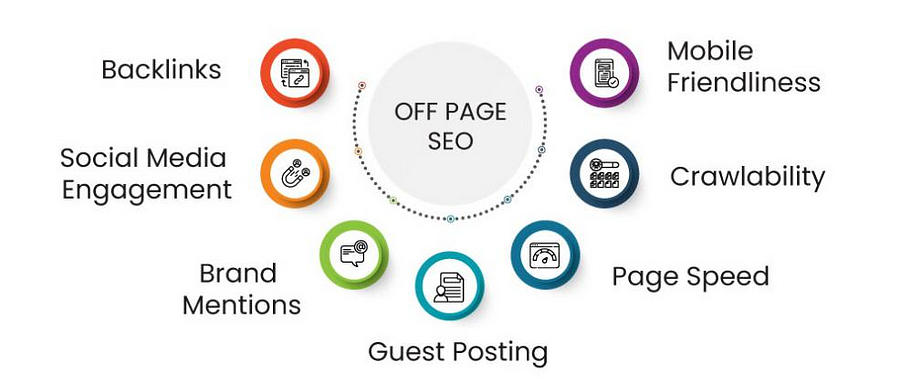
- Backlinking: Acquiring high-quality backlinks from authoritative websites.
- Social Media Marketing: Promoting content through social media channels to increase visibility and drive traffic.
- Guest Blogging: Writing guest posts on reputable blogs to gain backlinks and increase exposure.
- Online Directories: Submitting the website to online directories to improve its visibility and credibility.
3. Technical SEO
Technical SEO involves optimizing the technical aspects of a website to ensure it can be easily crawled and indexed by search engines. This includes:
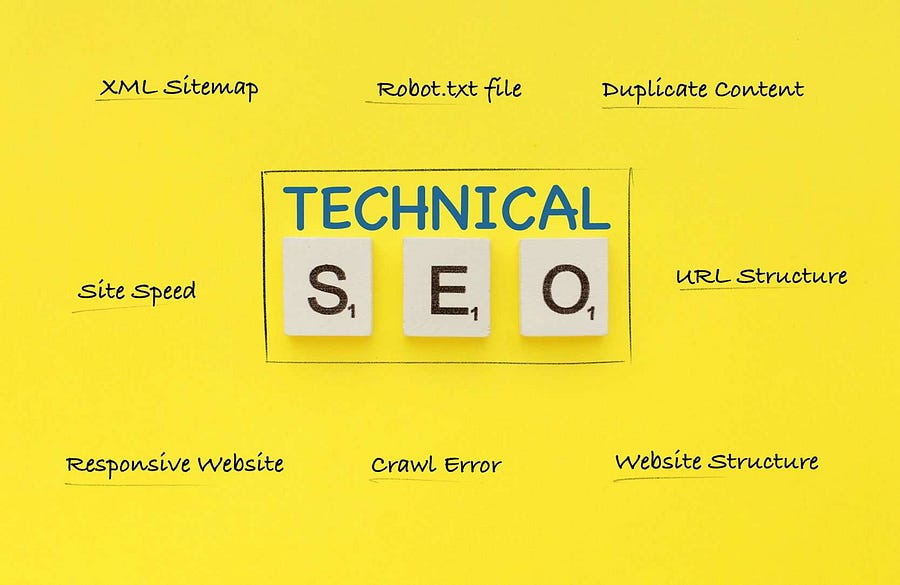
- Site Speed: Ensuring the website loads quickly.
- Mobile-Friendliness: Making sure the website is responsive and works well on all devices.
- XML Sitemaps: Creating and submitting sitemaps to search engines to help them understand the site structure.
- Robots.txt: Configuring the robots.txt file to control which pages search engines can crawl.
What’s the Importance of SEO?
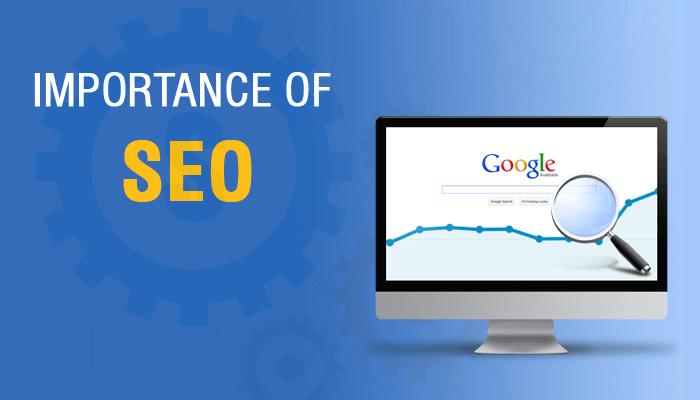
1. Increased Visibility and Traffic
One of the primary benefits of SEO is increased visibility on search engines. By appearing on the first page of search results for relevant keywords, businesses can attract more organic traffic. This is crucial because most users do not look beyond the first page of search results.
2. Cost-Effective Marketing
Unlike paid advertising, SEO focuses on organic traffic, which can provide a higher return on investment (ROI) in the long run. Once a website is optimized, it can continue to attract traffic without the need for continuous investment.
3. Builds Credibility and Trust
Websites that rank higher on search engine results are often perceived as more credible and trustworthy by users. SEO helps build this credibility by ensuring that the site meets the high standards set by search engines.
4. Better User Experience
SEO is not just about search engines; it’s also about improving the user experience. By optimizing website structure, content, and navigation, businesses can provide a better experience for their visitors, leading to higher engagement and conversion rates.
5. Competitive Advantage
In today’s digital landscape, almost every business is vying for online visibility. Implementing effective SEO strategies can give businesses a competitive edge, helping them stand out in a crowded market.
6. Long-Term Results
Unlike other marketing strategies that may provide short-term results, SEO offers long-term benefits. With consistent effort and maintenance, a well-optimized website can continue to attract traffic and generate leads for years to come.
Conclusion
SEO is an essential component of digital marketing that helps businesses improve their online visibility, attract more organic traffic, and build credibility. By understanding how SEO works and implementing effective strategies, businesses can achieve long-term success in the digital world. Whether you’re a small business owner or a digital marketing professional, mastering SEO is crucial for staying competitive and achieving your online goals.
Comments
Post a Comment